Upcoming Events
Sherlock's Genealogical Adventures
Follow Sherlock on his adventures into genealogical mysteries.
3 minutes reading time
(620 words)
Why learn Polish?
What is the best language to learn? It is not the answer you might first think of. Let's say you are a native English speaker, therefore, lets rule out English. If you are not a native speaker of English, of course the answer is English! To learn Spanish, French or German it is still useful if you are really into those cultures, of course.
I believe that Polish is the best language in the world to learn! Why do I recommend Polish as the most useful language (najbardziej przydatny język)? The whole world speaks English. This is the universal language (uniwersalny język) for business. I have traveled the world and never had a problem with English. Therefore, why learn another universal language like French or German or even Spanish, if it does not get you anywhere that English cannot already?
If you go to Egypt or Greece for vacation, everyone is learning Polish or Russian as a foreign language. If you go to the Austrian Alps skiing, signs are in Polish in the hotels. Or for example Croatia, which in the summer is a Polish tourist colony! Polish people are everywhere, especially the UK, Brazil, Australia, USA - Poles (Polacy). Polish people love to explore the world, not only for work but they are passionate about all things cultural.
Unfortunately it is also probably the hardest language (najtrudniejszy język) to learn, so learning Polish is a challenge – you have to get past the crazy grammar (szalona gramatyka) for one thing. But believe me - you can do it! It is also a top language because with Polish you will be an amazingly different (zadziwiająco inny) person. There's a lot to be said for the diversity of learning a less commonly taught language.
One more thing that makes it great is that if you know Polish you can understand Czech, Slovak and a few more languages, as the Slavic languages are the most closely related of all the European languages.
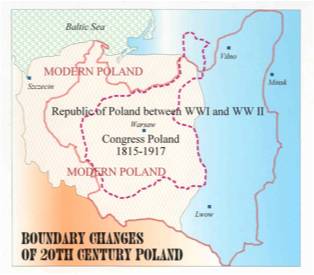
Speaking of that, let's get a little genealogical background (genealogiczne tło).
Polish is a Slavic language (język słowiański) related to Russian and Czech. It is used in genealogical sources throughout Poland. Before 1918, Polish-speaking territories were divided between Russia, Germany, and Austria. Records written before 1918 may be in German, Russian, Latin, or Polish.
• In Russian Poland, Polish was the official language for vital records (oficjalny język dla życiowych rekordów) from 1808 to 1868. From 1868 to 1917, Russian was the official language.
• In German Poland, most records were kept in German or Latin, though some were kept in Polish.
• In Austrian Poland, most records were kept in Latin. Some records were kept in German and some in Polish.
Polish is also used in the records kept in some Polish communities in the United States.
Did I convince you yet? A lot of friends tell me that they like to hear me speak Polish - it almost sounds like music. My 2 year old daughter speaks Polish and she is really proud of it - as much as toddler can be! I guarantee you will be proud too.
About the author
My name is Kasia Scontsas. I grew up in Lublin, Poland and moved to Warsaw to study International Business at the University of Warsaw. I have passion for languages: all languages! Currently I live in New Hampshire. I enjoy skiing, kayaking, biking and paddle boarding. My husband speaks a little Polish, but our 2 year old daughter is a pro in it! I wanted to make sure that she could communicate with her Polish relatives in our native language. Teaching her Polish since she was born was the best gift I could give her! I have been writing about Polish language and culture for Transparent Language's Polish Blog since 2010.

I believe that Polish is the best language in the world to learn! Why do I recommend Polish as the most useful language (najbardziej przydatny język)? The whole world speaks English. This is the universal language (uniwersalny język) for business. I have traveled the world and never had a problem with English. Therefore, why learn another universal language like French or German or even Spanish, if it does not get you anywhere that English cannot already?
If you go to Egypt or Greece for vacation, everyone is learning Polish or Russian as a foreign language. If you go to the Austrian Alps skiing, signs are in Polish in the hotels. Or for example Croatia, which in the summer is a Polish tourist colony! Polish people are everywhere, especially the UK, Brazil, Australia, USA - Poles (Polacy). Polish people love to explore the world, not only for work but they are passionate about all things cultural.
Unfortunately it is also probably the hardest language (najtrudniejszy język) to learn, so learning Polish is a challenge – you have to get past the crazy grammar (szalona gramatyka) for one thing. But believe me - you can do it! It is also a top language because with Polish you will be an amazingly different (zadziwiająco inny) person. There's a lot to be said for the diversity of learning a less commonly taught language.
One more thing that makes it great is that if you know Polish you can understand Czech, Slovak and a few more languages, as the Slavic languages are the most closely related of all the European languages.

Speaking of that, let's get a little genealogical background (genealogiczne tło).
Polish is a Slavic language (język słowiański) related to Russian and Czech. It is used in genealogical sources throughout Poland. Before 1918, Polish-speaking territories were divided between Russia, Germany, and Austria. Records written before 1918 may be in German, Russian, Latin, or Polish.
• In Russian Poland, Polish was the official language for vital records (oficjalny język dla życiowych rekordów) from 1808 to 1868. From 1868 to 1917, Russian was the official language.
• In German Poland, most records were kept in German or Latin, though some were kept in Polish.
• In Austrian Poland, most records were kept in Latin. Some records were kept in German and some in Polish.
Polish is also used in the records kept in some Polish communities in the United States.
Did I convince you yet? A lot of friends tell me that they like to hear me speak Polish - it almost sounds like music. My 2 year old daughter speaks Polish and she is really proud of it - as much as toddler can be! I guarantee you will be proud too.
About the author
My name is Kasia Scontsas. I grew up in Lublin, Poland and moved to Warsaw to study International Business at the University of Warsaw. I have passion for languages: all languages! Currently I live in New Hampshire. I enjoy skiing, kayaking, biking and paddle boarding. My husband speaks a little Polish, but our 2 year old daughter is a pro in it! I wanted to make sure that she could communicate with her Polish relatives in our native language. Teaching her Polish since she was born was the best gift I could give her! I have been writing about Polish language and culture for Transparent Language's Polish Blog since 2010.
Stay Informed
When you subscribe to the blog, we will send you an e-mail when there are new updates on the site so you wouldn't miss them.
Website by: Tim Firkowski
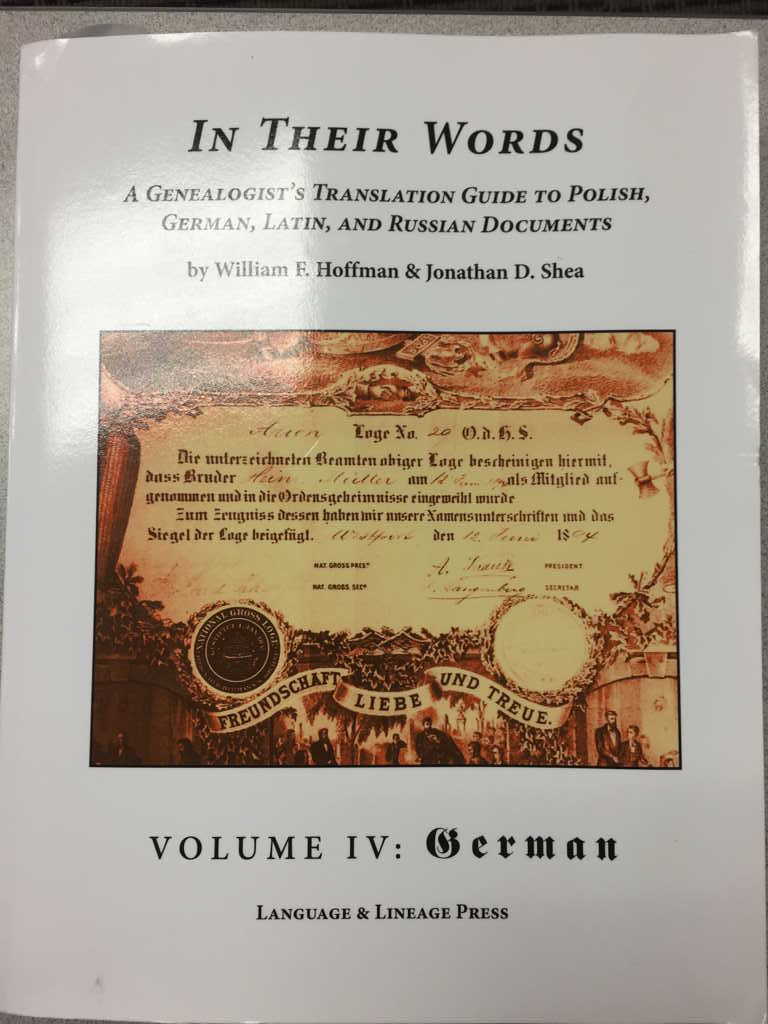
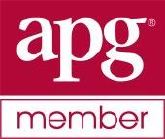
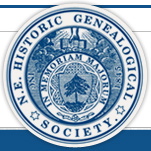
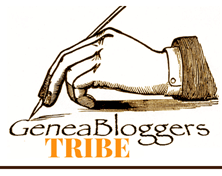
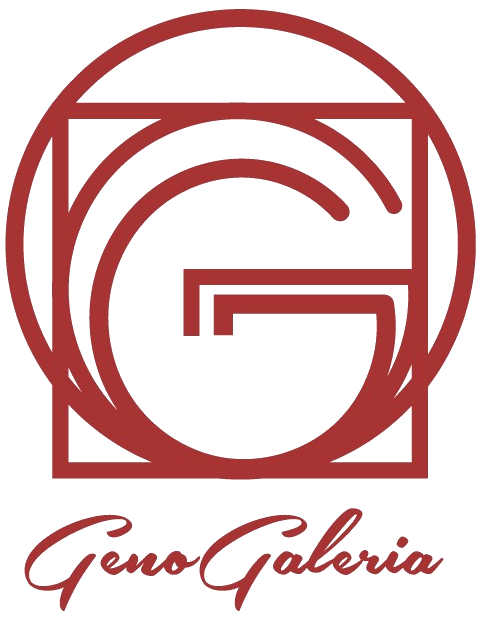


Comments 6
I find Polish difficult because it seems that 9 times out of 10 when I tune (online) to a Polish language radio station I hear (bad) American music in English.
American music is popular around the world. When i am in Poland I hear a lot of American music too, but I am not sure how that would make Polish difficult. I am assuming you mean it is difficult to practice listening with real life examples.
"Życiowe rekordy"
What is interesting to note is that in the areas that were occupied by Russia and Austria (Galicia) "Vital Records" where actually recorded by the Roman Catholic Church for the state.
Just to clarify----part of my language learning method is listening to an extended conversation and thereby picking up cadence, intonation, etc.
An occasional English word is not a problem but much more than that tends to distract me.
Great post, Kasia! Learning a language, especially one so different from one's native language, is good for the brain. Being able to talk to people in their own language when visiting their country makes the trip ten times more enjoyable (also safer). And for us genealogists, knowing the language means we can do better research. --Julie Michutka (Slovak language learner)